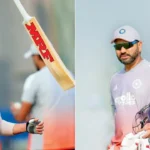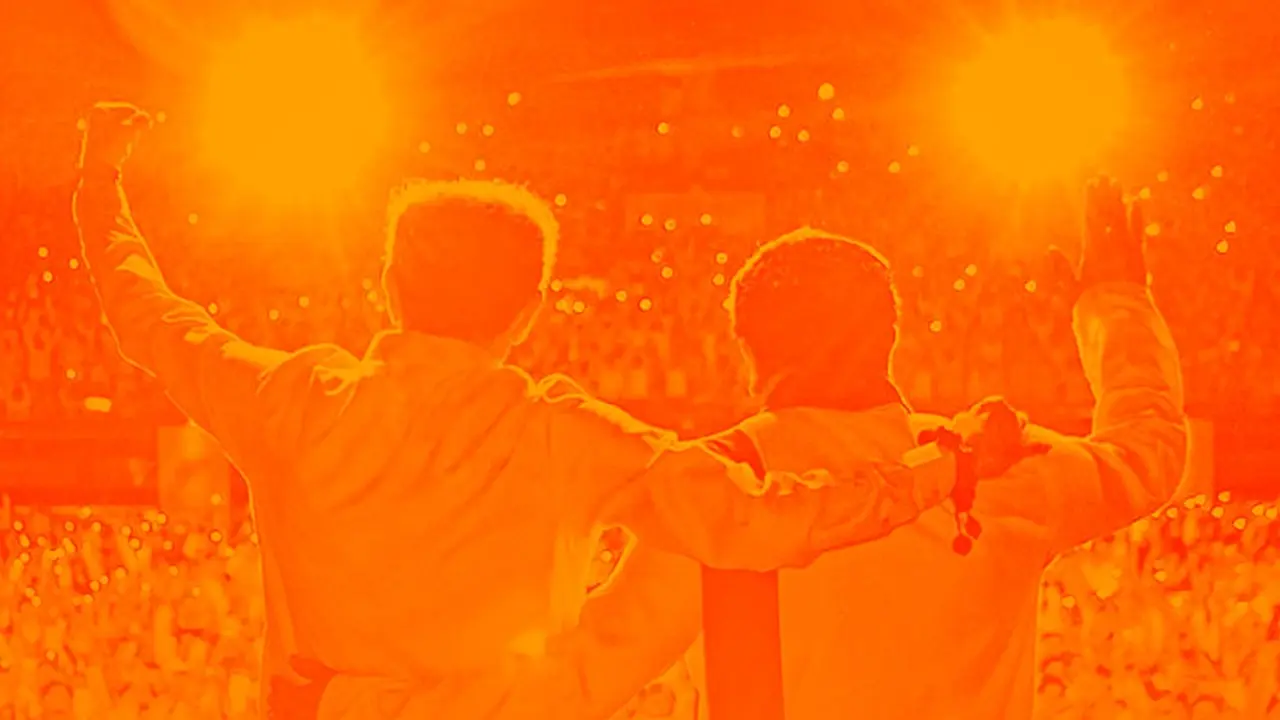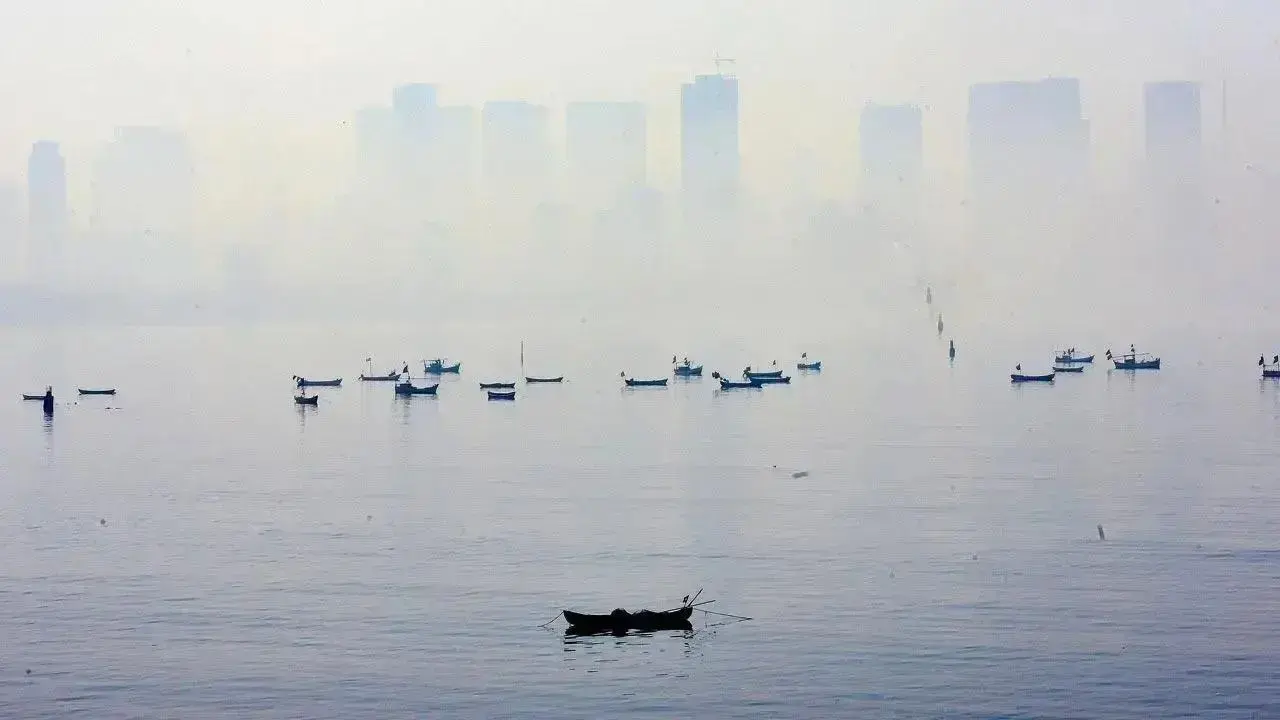After three relentless days of stormy weather, waterlogging and civic chaos, Mumbai Police and Traffic Police personnel kept going — even as their own health took a severe hit. Diabetes, blood pressure, cholesterol, the flu — nothing stopped constables and officers from showing up. For them, it was always “duty first, everything else secondary.”
Since August 16, Mumbai and neighbouring cities have been battered by heavy downpours. Roads flooded, transport collapsed, and citizens were left stranded. The worst was on August 18, when schoolchildren were sent home on half-days, office-goers were stuck on roads and in vehicles, and chaos reigned. Amid it all, the sight of uniformed officers in yellow raincoats became a lifeline.
Matunga police carry schoolchildren to safety through waist-high water
From school buses filled with frightened children to senior citizens struggling through waist-deep water, cops managed it all. In Matunga, Sion and Dharavi, officers carried children to safety at police stations. In Kurla, Dadar, Mahim and Ghatkopar, they carried senior citizens and even a disabled man out of flooded streets.
Behind the scenes, though, were bruised feet, peeling skin, rain-soaked uniforms, uncontrolled bladders, and long hours without food, sleep, or medication. For many, these hardships piled on top of existing ailments like hypertension and respiratory diseases.
Matunga police carry schoolchildren to safety
Near Shivaji Park, a constable stood in the rain for three days straight without sleep. When he returned home, his wife found the skin on his shin had peeled off from the friction and soaking water. “It’s painful to see him toil like this. Community bathrooms shut by 10 pm, so even relieving himself during duty is a struggle. He hardly gets time to eat or take his medicines,” said Lalita Kandale, his wife.
Another officer, posted in Jogeshwari, saw his bike break down in floodwaters but still hitched rides to reach his post, helping children cross water on the way. Despite a broken bike lying near Andheri, he reported again the next morning, this time by train. Family members told mid-day that many cops suffer cold, fever and weakness but keep working. “My husband carries paracetamol everywhere. If his fever spikes, he swallows a pill and stays on duty,” said a traffic constable’s wife.
Kurla police rescue citizen during the rain. Pics/By Special Arrangement
One officer reported despite varicose veins. Another, running a high fever, couldn’t see a doctor as his duty began before clinics opened. “We are given yellow raincoats during bandobast, because the people need to identify us. Our raincoats rip after three uses, but we’re not allowed private ones. Our caps and uniforms are faded from the rain. Still, we show up,” a constable said.
Cops suffer severe leg injuries after standing in water for hours
The fear of infection looms large. “We stand in dirty water all day. The worry is taking viral fever or a waterborne disease back to our kids,” said an officer from Ghatkopar. Beyond the rains, a year-round crisis remains unsolved: the lack of toilets for police on duty. “We often go six to eight hours without relief. For someone with diabetes, it’s torture,” said a constable in Kurla. For women officers, it’s even worse; they ration food and water before shifts, knowing toilets won’t be available for 8 to 12 hours of their shift.
Doctor says…
“Anyone exposed to dirty, stagnant, or rainwater is at risk of infection. However, diabetics are especially vulnerable due to weaker immunity, making them prone to cellulitis, which causes redness, swelling, skin peeling, and can also spike blood sugar levels. Low immunity further increases the risk of leptospirosis. Without prompt antibacterial treatment, such infections can progress to sepsis, which may be fatal,” said Dr Saba Memon, Endocrinologist (Private Practice)







